History & Background
Family courts emerged in the United States in the early 20th century, rooted in the belief that cases involving children and families deserve specialized handling. Reformers recognized that matters such as divorce, custody, child support, adoption, and juvenile issues were different from ordinary civil or criminal disputes. They required judges and staff to have specialized expertise, sensitivity, and consistency. Over time, states began experimenting with dedicated “domestic relations” courts, and by the 1960s, some states, like Rhode Island and Hawaii, had established comprehensive, statewide family court systems.
Today, family courts exist in many forms across the nation:
11 states and territories operate statewide family court systems with jurisdiction over nearly all family-related cases.
14 additional states have family court divisions in certain geographic areas, often concentrated in larger or more urban counties.
The remainder handle family law primarily through general trial courts, sometimes with specialized judges or divisions.
Michigan is part of this evolving landscape. In 1996, the Michigan Legislature passed major reforms creating a family division within the circuit court system. These changes consolidated jurisdiction that had previously been split among circuit, probate, and juvenile courts. The goal was to bring “one family, one judge” consistency to cases involving the same children and parents.
Outcomes and Impact
The establishment of Michigan’s family division has led to several key benefits:
Consistency and continuity: Depending on where they live, some fortunate families now interact with a single judge and court team, reducing duplication and confusion.
Efficiency: Consolidation has streamlined processes, shortened timelines in many cases, and allowed for better case management.
Collaboration with services: Michigan’s family courts often coordinate closely with child welfare, foster care, substance abuse, and domestic violence services, giving families better access to holistic support.
At the same time, Michigan’s experience reflects some of the challenges seen nationally:
Judicial Training & Experience: Many times, family court judges don’t have the necessary background to address the unique cases that come to them. This results in their rulings being reversed on appeal, costing families time, money, and stability.
Rotating bench: Too many judges come and go, leaving their cases in flux.
Evolving needs: As societal issues change — such as increases in opioid use, mental health concerns, or new family structures — family courts must continually adapt.
The Michigan Story
By establishing a family division nearly three decades ago, Michigan positioned itself as an early adopter among states reforming their court systems. The model has improved access to justice for countless families, while highlighting the importance of ongoing investment in judicial training, social services partnerships, and data-driven improvements. Michigan’s experience mirrors the broader national trend: when families have access to courts designed for their unique circumstances, outcomes for children and parents improve.
But there is still more to be done.

